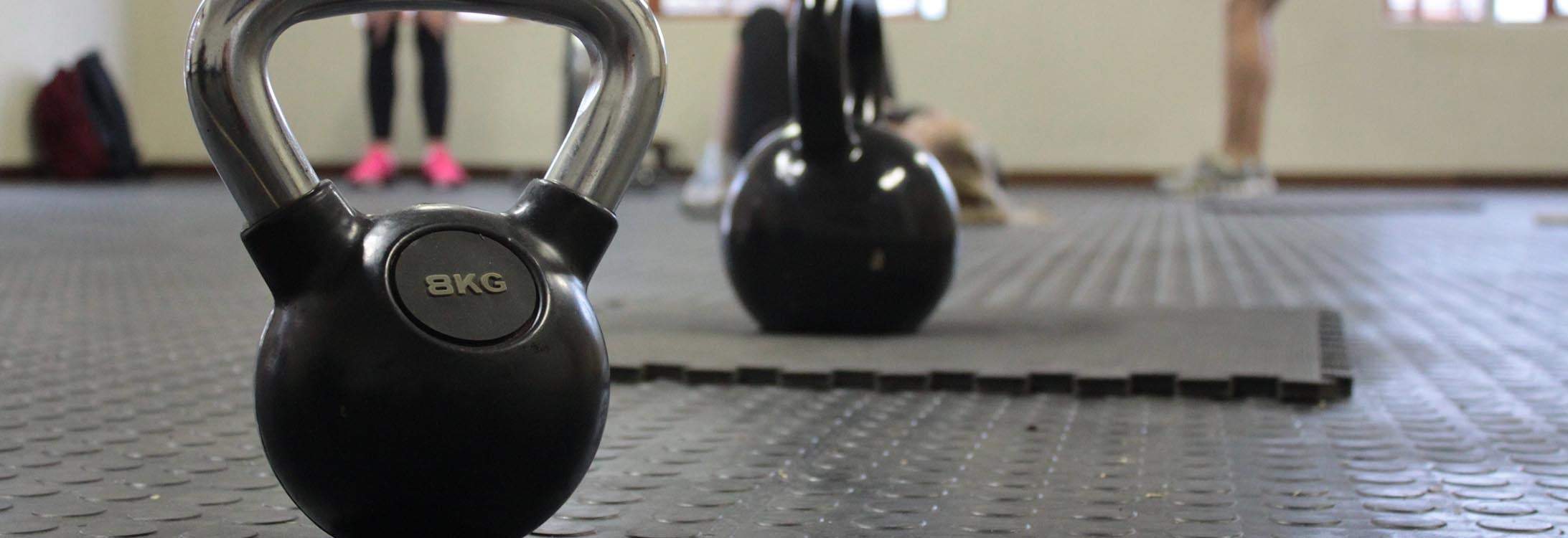Student Profile: Callie Herman

ECU undergraduate researcher Callie Herman is examining how different carbohydrates affect mental performance following exercise.
Major: Exercise Physiology
Mentor: Dr. Nick Murray
Department: Department of Kinesiology
Project Title: “Does Consumption of Slow-Releasing Carbohydrates Improve Mental Performance Following Exhaustive Exercise?”
Callie’s project compares how slow-releasing and fast-releasing carbohydrate supplements impact physical endurance and mental performance following exhaustive exercise. As individuals experience fatigue during prolonged exercise, their risk of injury increases due to efforts made to maintain high levels of performance. Analyzing mental performance pre- and post-exercise and tracking biological markers, such as blood glucose and lactate, can provide insight on effective supplementation methods for individuals who require sharp mental performance when subject to physically exhausting conditions.
How did you get involved in undergraduate research?
As a student in the Honors College, I am required to complete a senior thesis project. I met with Dr. Murray during the fall of my sophomore year and began observing data collections and data processing throughout the spring semester in the Visual Motor Lab. This exposure provided me with a better grasp on how to begin and complete my own honors thesis project.
Why did you choose your research topic?
I chose this topic because of my interest in the relationship between executive functioning and athletic performance. Since there is limited research on how physical fatigue influences mental performance, I was interested in observing how two forms of carbohydrate supplements impact cognition after exercise.
What’s been your favorite part of conducting undergraduate research?
My favorite part of research has been working with outstanding professors, classmates and graduate students. I am extremely grateful for the skills, knowledge and life lessons I have learned while working with Dr. Murray in the Visual Motor Lab. Working with fellow classmates and graduate students creates a supportive and positive environment that makes the long hours of data collection and data processing enjoyable experiences.
What’s your ultimate goal or accomplishment that you hope your research will help you achieve?
By conducting this research, I hope to gain insight on how new supplements can potentially reduce physical fatigue and perhaps lead to improved mental performance. With this information, athletes and individuals in high-stress occupations can find more effective ways to minimize fatigue, reduce the risk of injury and maximize performance.
Do you have any advice for other students interested in conducting undergraduate research?
Get involved early. Prior to my sophomore year, meeting with a professor and discussing their research was intimidating, but taking a leap out of my comfort zone completely changed my college experience. Finding a mentor and joining a lab early gives you the chance to present your findings at conferences, build strong connections with faculty members, and discover new career paths you may have never considered without research experience.
